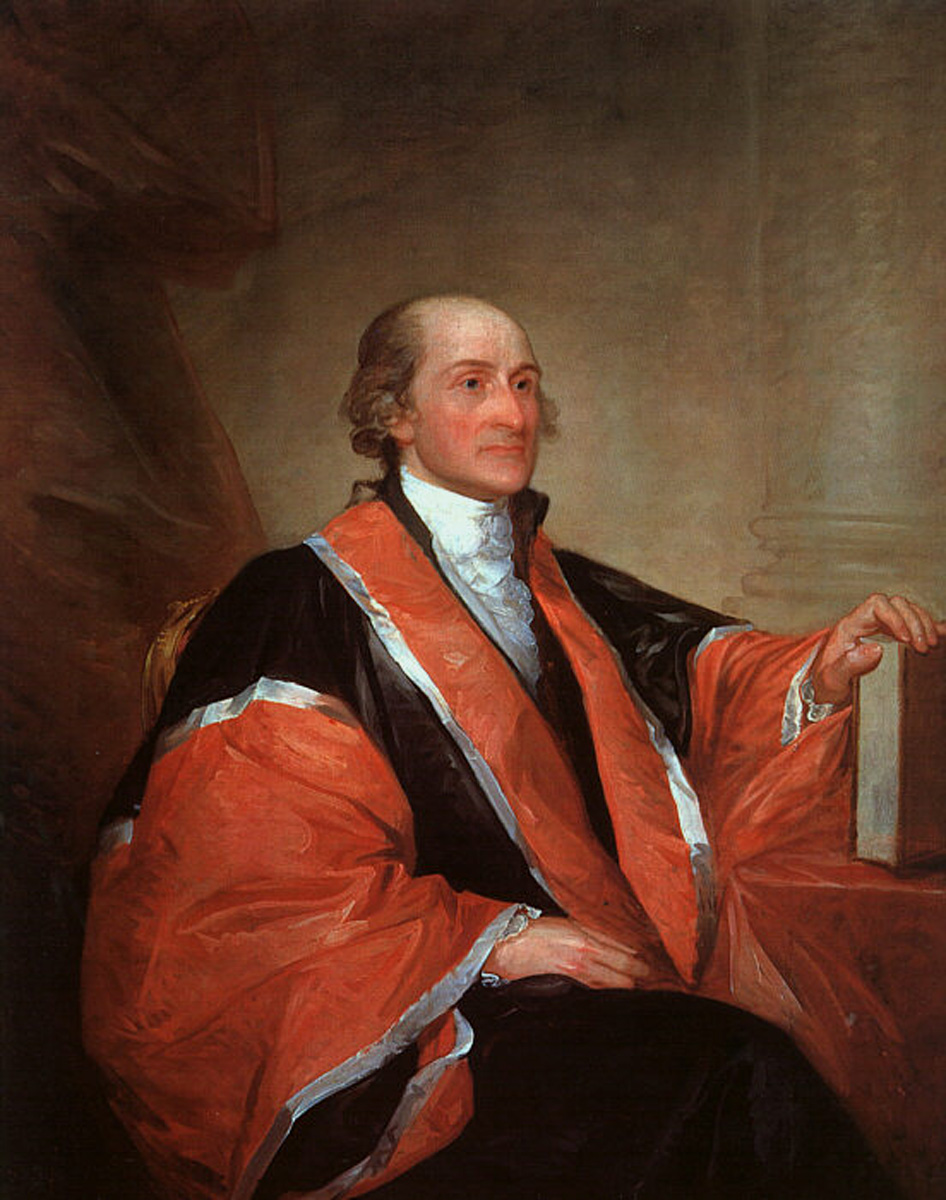The Founders’ Bush v. Gore: The 1792 Election Dispute and its Continuing Relevance is a new paper by
Edward B. Foley, Ohio State University College of Law. Here's the abstract:
In 1792, the Founders of our Republic and its Constitution faced their own version of what our generation knows as Bush v. Gore. It occurred in the context of that year’s election for governor in New York. John Jay was challenging the incumbent, and Jay and his supporters believed that they were wrongly robbed of their rightful victory when the state’s canvassing committee – in divided vote that fell along party-line lines – disqualified one county’s ballots because of a technical defect in the delivery of these ballots from the county to the Secretary of State.
Although the 1792 dispute concerned the rules for ballot delivery, rather than hanging or dimpled chads, the same basic jurisprudential debate in Bush v. Gore existed in 1792. Just as Gore argued for avoiding the disenfranchisement of voters as a consequence of faulty electoral machinery, so too did Jay’s side claim that protecting voters from the loss of their fundamental (and constitutional) right to the franchise was justification for excusing a technical breach of the state’s ballot delivery law. Conversely, just as Bush’s legal team claimed that strict enforcement of Florida’s election rules was necessary to preserve the integrity of the electoral process, so too did Jay’s opponents make the identical argument.
Moreover, this debate about how best to operate democracy in the context of a dispute over the results of an important statewide election consumed the attention of the Founding Generation. Jay’s Federalist Papers co-authors, Hamilton and Madison weighed in with their views, as did Jefferson, Monroe, and Burr. Other important, but less well-known, Founders were also involved. For example, Edmund Randolph, the nation’s first Attorney General, forcefully expounded the integrity argument. James Kent, a Jay supporter who would later be known as “America’s Blackstone” for his Commentaries on American Law, condemned the canvassing committee for being structurally biased against Jay’s side in its membership.
This largely forgotten historical episode, with its similarities to the disputed presidential election of 2000, is more than just an interesting curiosity. Rather, the difficulties that the Founding Generation had with its own version of Bush v. Gore – especially its lack of an institution for resolving the dispute that was perceived to be structurally fair to both sides – helps to explain why our own generation had such difficulty with resolving the 2000 presidential election. We have inherited the constitutional system that the Founders bequeathed to us. But that system did not include an adequate mechanism for handling a disputed election for chief executive, whether governor or president. This Article explores the reasons for the Founders’ inability to equip us, or (as shown by the events of 1792) even themselves, with this necessary element of a well-functioning constitutional democracy. As a nation, we will continue to suffer from this inadequacy until we recognize that the Founders did not give us all that we need and thus we take it upon ourselves to add the missing institutional ingredient to the system they gave us.
